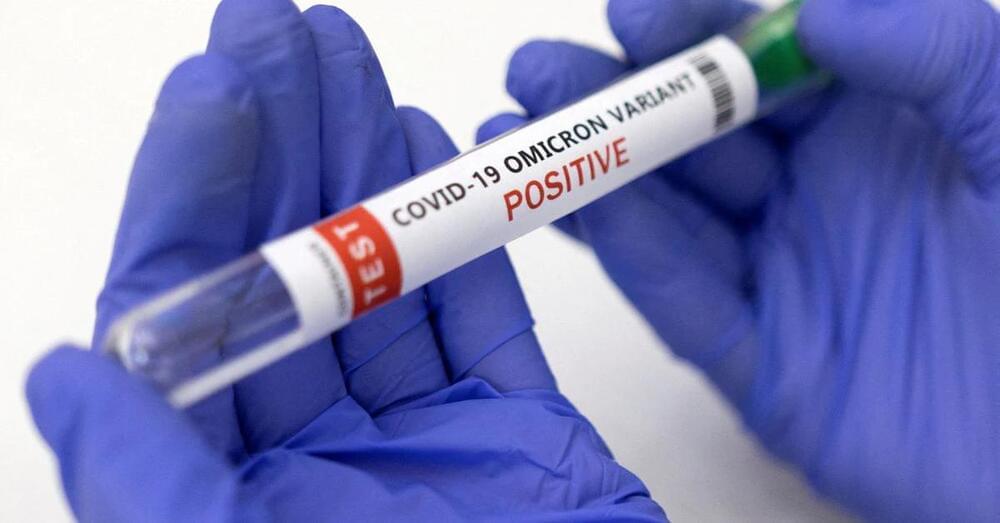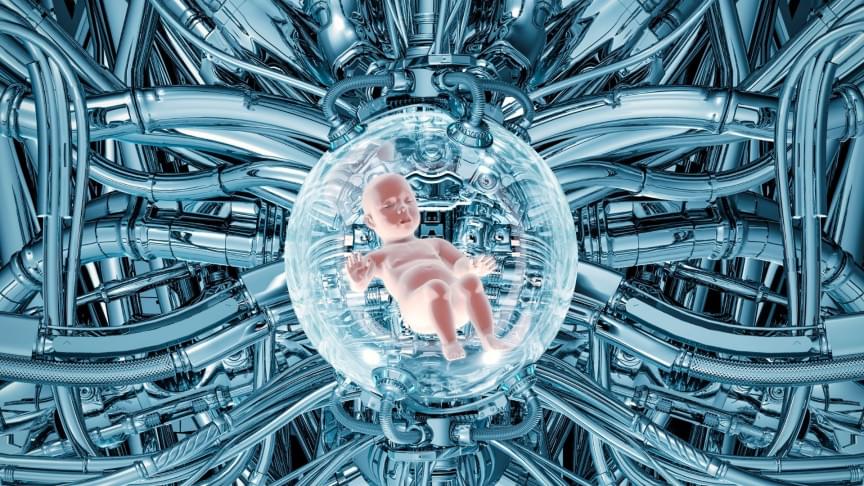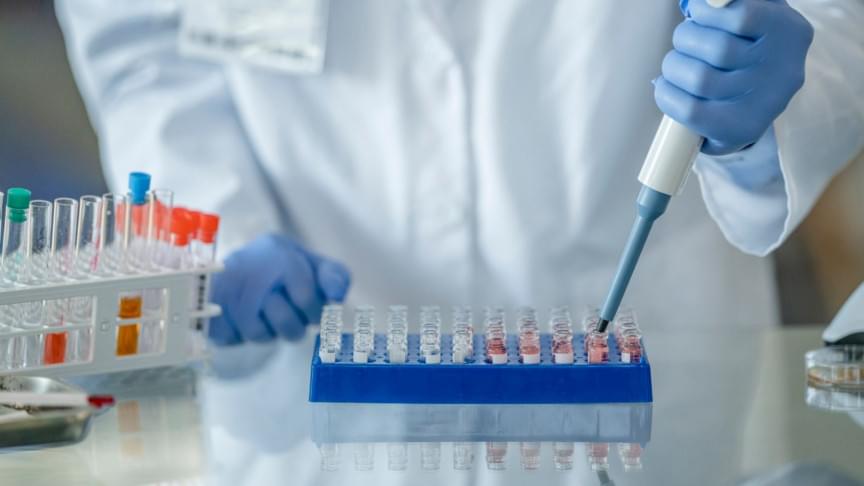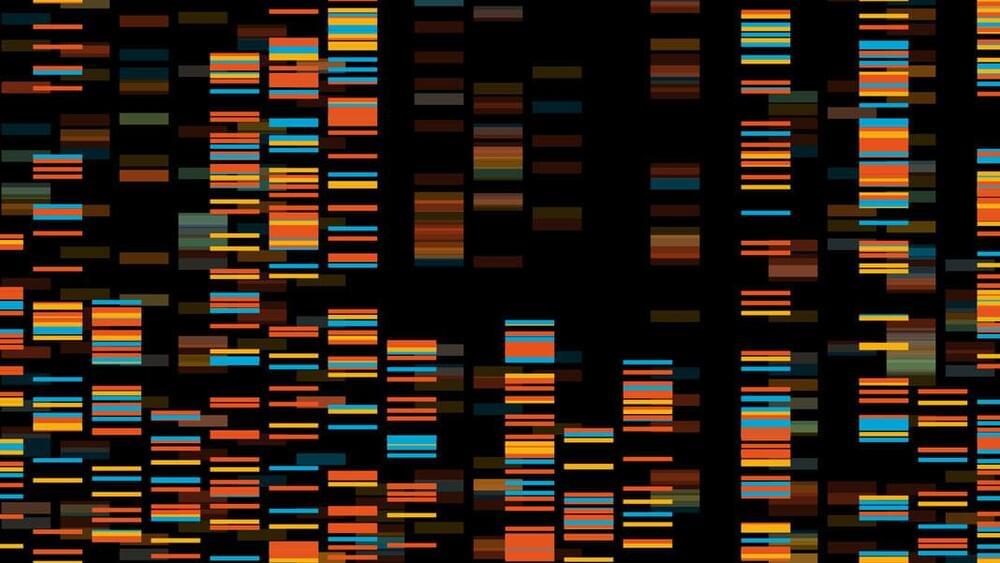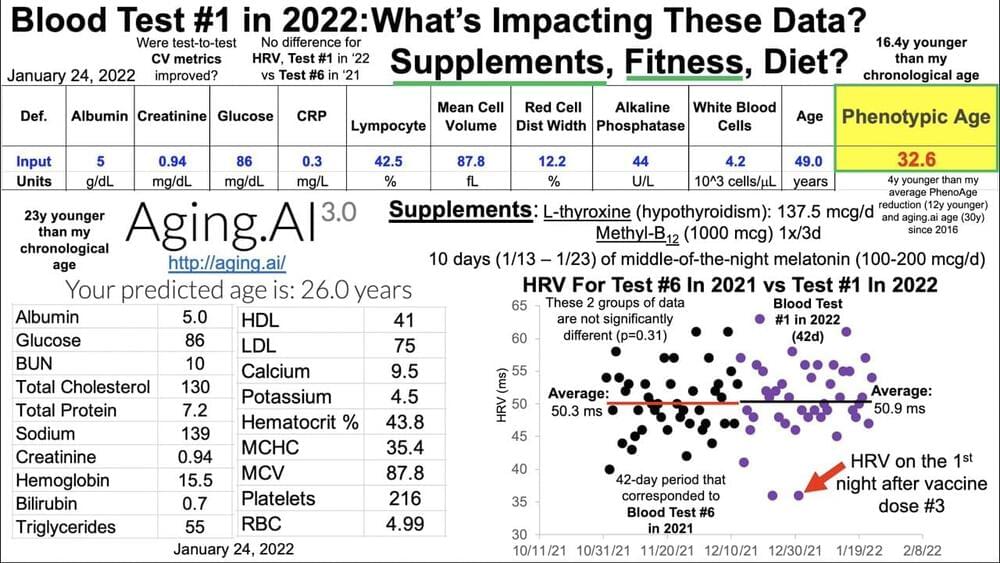Feb 7, 2022
Omicron-specific booster may not be needed, U.S. monkey study finds
Posted by Quinn Sena in categories: biotech/medical, government
😃
CHICAGO, Feb 4 (Reuters) — A study in monkeys pitting the current Moderna Inc (MRNA.O) COVID-19 booster against an Omicron-specific booster showed no significant differences in protection, suggesting an Omicron-specific booster may not be needed, U.S. government researchers reported on Friday.
The study involved monkeys vaccinated with two doses of Moderna’s vaccine who were dosed nine months later with either the conventional Moderna booster or one specifically targeting the Omicron variant.
Continue reading “Omicron-specific booster may not be needed, U.S. monkey study finds” »
